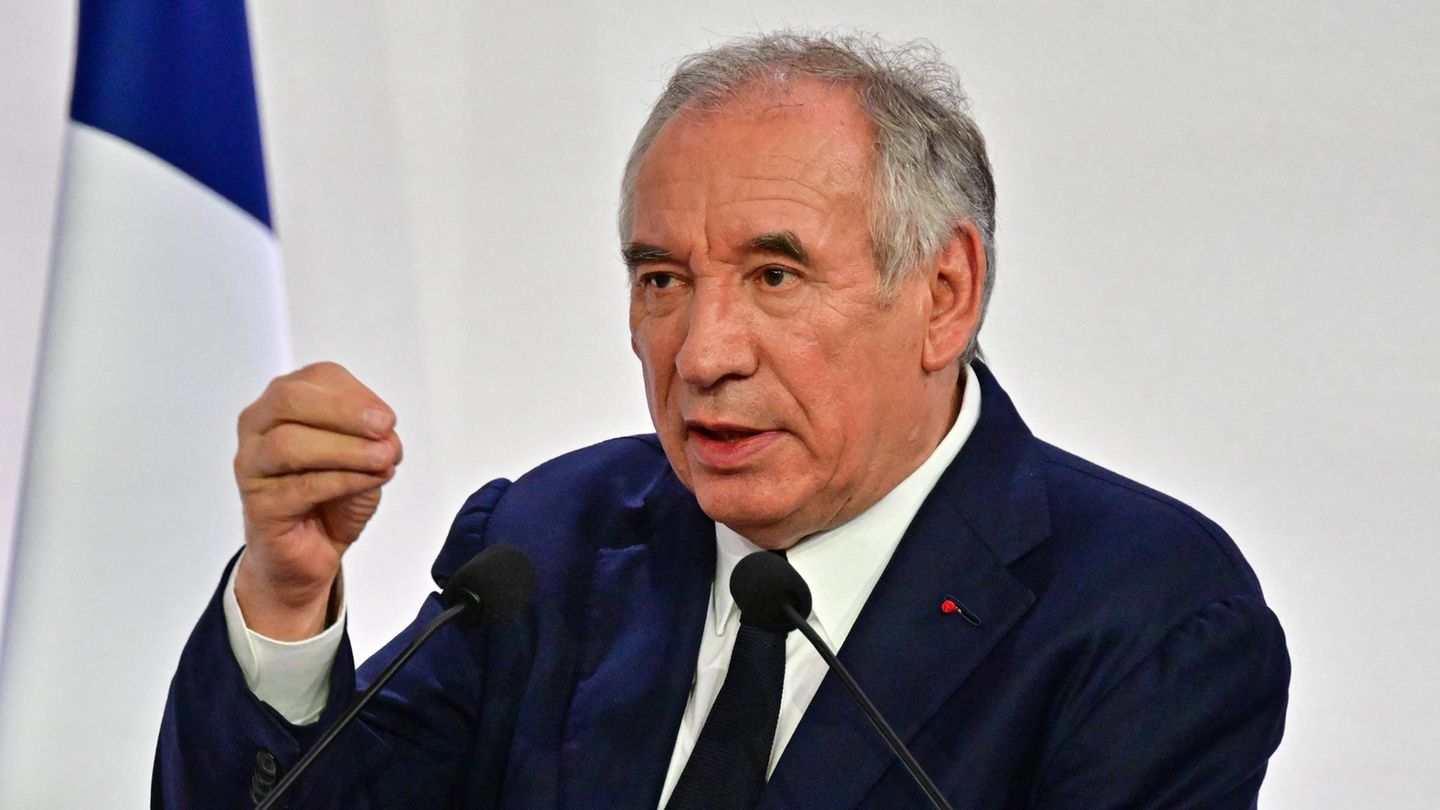This is the result of the SORA Institute’s “Freedom Index 2021”, which was surveyed for the fourth time on behalf of the NEOS Lab. Mental health has deteriorated, particularly in the middle class, according to one of the results presented on Tuesday.
25 percent of the 2,000 respondents (August 13 to October 5, 2021, by phone and online) felt (rather) not free in their current lives, a low in the survey, which has been conducted annually since 2018. In 2020 it was only 19 percent, in 2019 and 2018 only 14 percent each. 20 percent also perceived democracy in Austria as rather unfree. 37 percent did not see their own living conditions in the fight against the pandemic represented by politics, for 32 percent this also applied to the pandemic reports in the media.
Mental health deteriorated
The feeling of political powerlessness, specifically that one feels that politicians treat them as second-class people, was found in 46 percent, most strongly in the lower, but very well (at 40 percent) in the middle economic third. Mental health has deteriorated again since the 2021 survey (2020: 28 percent, 2021: 39 percent), particularly in the middle class and among younger people.
16 percent reported experiences of discrimination in medical care, and 15 percent experienced discrimination during police checks. 13 percent saw themselves discriminated against because they had not gotten an apprenticeship or job, ten percent in the allocation of housing. Restrictions in the quality of life were perceived primarily through high housing costs, followed by a lack of childcare options, poorly developed public transport, poor health care, too few leisure activities and too little green space. 68 percent no longer saw the possibility of acquiring property through their own contributions.
“Erratic, Top Down, huhott”
In summary, study author Janine Heinz spoke of a “low point” in the sense of freedom, slowed down by experiences of discrimination, the restrictions imposed by the pandemic, financial hardship and the deterioration in mental health. In her view, economic inequality also plays a role here.
For NEOS boss Beate Meinl-Reisinger, the study shows the failure of the pandemic policy in Austria, but not only: It is also about corruption of the political elite, influencing investigative measures and two-tier judiciary. “The extent of the loss of trust, especially in the work of the government, is so great in Austria that it is shocking,” she said at the press conference.
The deduction from this is “that the fight against corruption and also friendliness must be carried out very resolutely”. Meinl-Reisinger described the Austrian pandemic policy as “erratic, top down, hühott”, the lack of political leadership and the consistency to see things through. “They’re completely done, they’re done,” she said.
Source: Nachrichten




